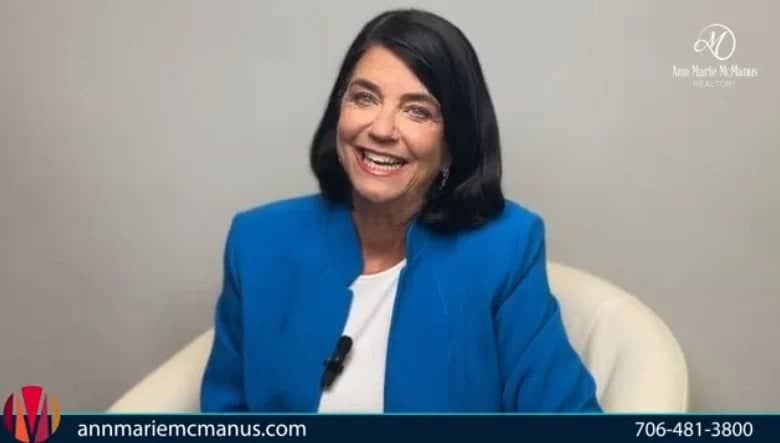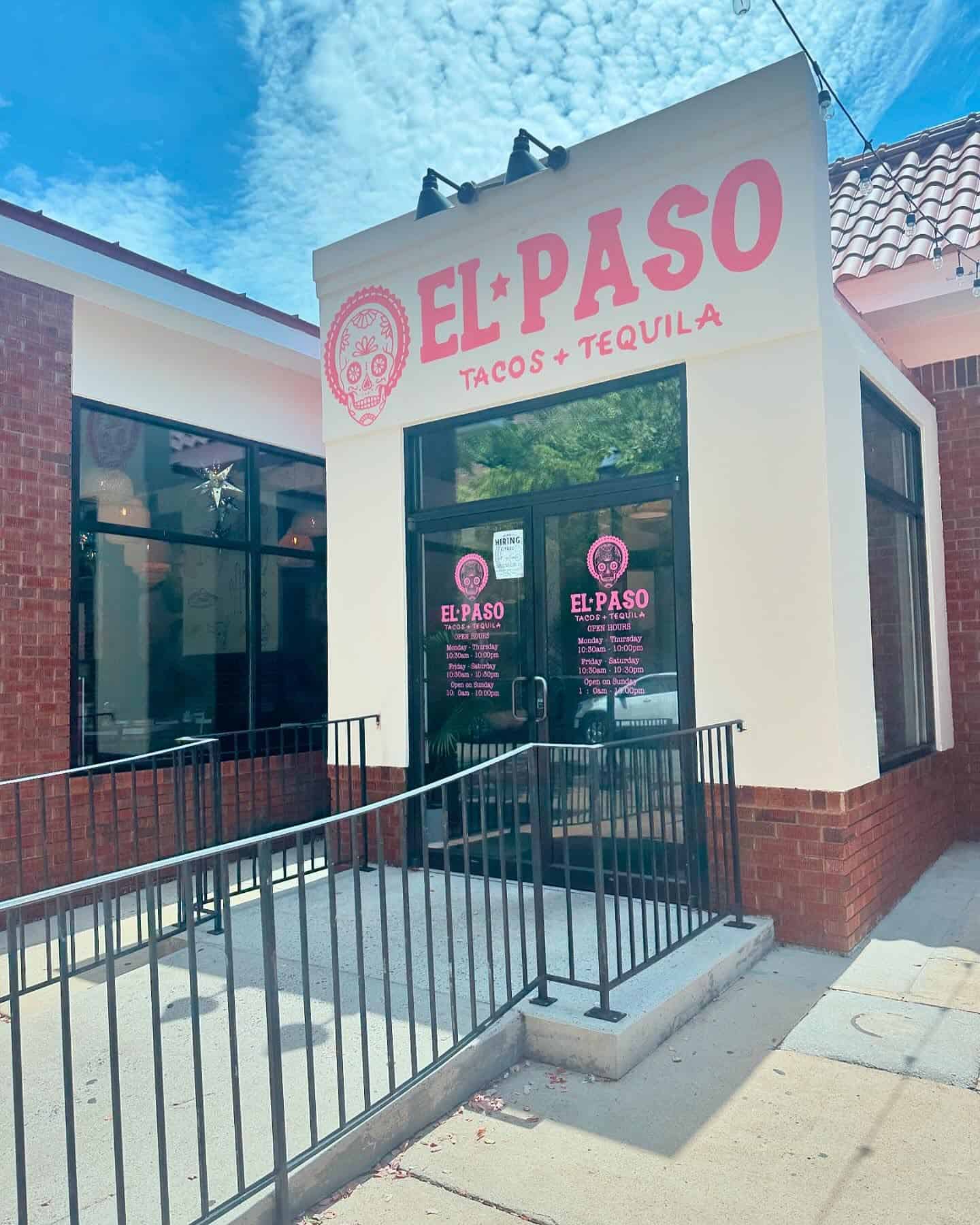In November, Aiken County residents will be asked to vote on the county’s fifth Capital Project Sales Tax (CPST). The one-cent tax will be collected on goods and services purchased within the county.
The money will be shared with each municipality within Aiken County. The municipalities must provide a list of projects and the amount requested.

Monday night, North Augusta City Council voted unanimously to approve its request list with a more than $48.6 million price tag.
City Administrator, Jim Clifford said after the initial list presented in a work session, the decision was made to revise some funds to pay for additional projects.
“We added a set of funds to park improvements just based on some of the costs that we see coming through for increased playground equipment,” he explained. “We put some additional money into water infrastructure projects, prioritizing wastewater and drinking water. We added a few extra dollars to the meter project. The automatic meters, not a whole lot but a few dollars.”

The largest request, $6.5 million, is for downtown improvement projects, such as pedestrian and vehicular safety projects, along with the Greeneway Connector. The next largest amount, $5.47 million, is for fire truck and apparatus replacement, including two ladder trucks.
Mayor Briton Williams said the tax will be paid by more than just North Augusta residents.
“This one cent is for anybody that comes through North Augusta,” he said. “You think about people who come here for Peach Jam, anybody that comes through and spends any money. So, this penny is not being spent just by the 25,000 people. If you spend money in North Augusta, it’s across the board.”
Previous CPSTs have funded major projects including the fire station on W. Martintown Road and the new Public Safety Headquarters on Georgia Avenue at Observatory Avenue.
Council also approved appointing businessman, Taylor Austin to a county committee that will oversee the management of the fund.
This is not an additional CPST. It will replace the current CPST when it expires. If approved, CPST 5 will run from May 2026 to April 2033.
It is expected to generate more than $260 million.










